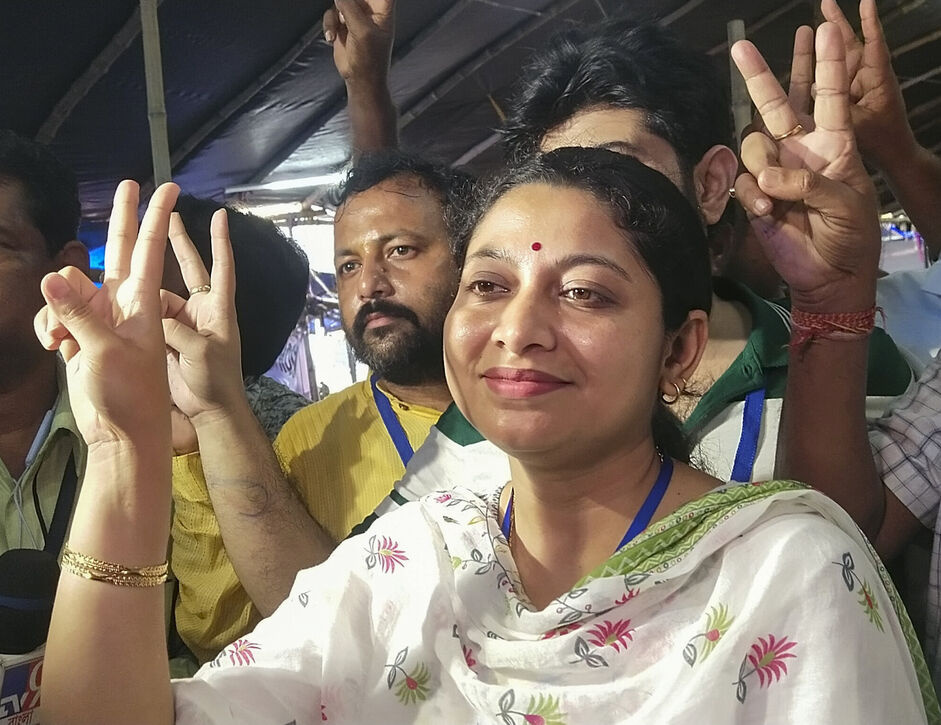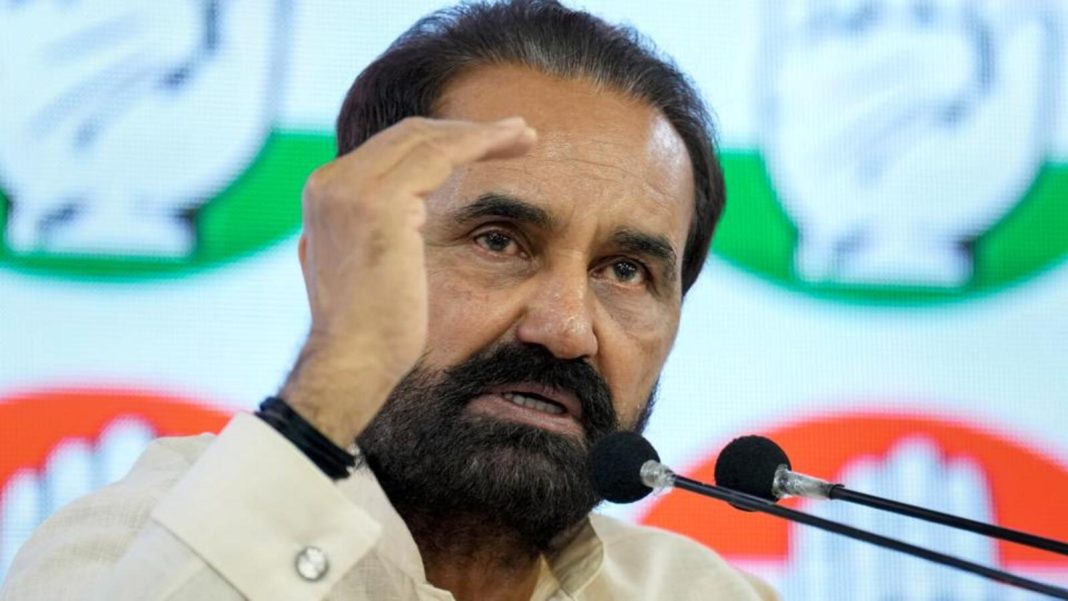
New Delhi, June 23: Sickle cell anaemia tests have become much more affordable, with the government driving the prices of kits to less than Rs 50 in its bid to make diagnosis accessible and eradicate the inherited blood disorder.

Two ICMR centres — National Institute of Immunohaematology (NIIH) in Mumbai and the Centre for Research Management and Control of Haemoglobinopathies (CRHCM) in Nagpur — have validated 35 point-of-care tests for sickle cell anaemia diagnosis developed by different firms in the past six months.
The government has proposed large-scale screening for the blood disorder under the National Sickle Cell Elimination Programme, targeting a population of seven crore.
“The initial manufacturer’s quote was Rs 350 per test. The Department of Health Research received a request to conduct a health technology assessment to evaluate the cost-effectiveness of sickle cell diagnostic kits,” Dr Prabhakar Kedar, a senior scientist at the NIIH, told PTI.
The ICMR-National Institute for Research in Reproductive Health, along with PGI Chandigarh and NIIH, conducted a comprehensive assessment and determined that point-of-care tests for sickle cell disease/trait among the high-risk population in India would be cost-effective if procured at Rs 100 per test or below.
Following the recommendation, the National Health Mission instructed state health departments to procure the diagnostic kits at a maximum price of Rs 100 per test, Dr Kedar informed.
“Through public tendering, the competitive procurement process drove the price of the kits down to Rs 82 per test, significantly below the initial quote, resulting in a saving of Rs 1,857 crore.
“Subsequently, NIIH validated new kits and the manufacturer has agreed to sell the kits at less than Rs 50 per test,” Dr Kedar stated.
To support the fight against sickle cell disease, Dr Prabhakar Kedar (Nodal Officer) at ICMR-NIIH in Mumbai and Dr Naga Muralidhar, scientist, at CRMCH in Chandrapur have been chosen by the government to test and approve the new diagnostic kits.
“So far, they have checked and approved 35 different kits, including simple tests that can be done on the spot (like finger-prick tests), lab-based tests and molecular tests that detect the disease at the genetic level,” Dr Muralidhar elaborated.
Most of these kits were tested and approved within just one month of receiving them, he said and added this fast-track validation has helped ensure that high-quality and accurate test kits are available quickly, especially for use in remote and tribal areas.
Dr Kedar termed these efforts a big boost for the National Sickle Cell Elimination Mission, which aims to eliminate the disease from India by 2047.
Sickle Cell Disease is one of the most common inherited blood disorders, primarily affecting individuals in sub-Saharan Africa, the Middle East, India, and parts of the Mediterranean.
In India alone, the disease burden is significant, especially among tribal and certain non-tribal populations in Maharashtra, Madhya Pradesh, Chhattisgarh, Odisha, Gujarat, and other central and western states.
Dr Kedar said that an estimated over 20 million people in India carry the sickle cell gene, and approximately 1 in every 70 births in some regions is affected by the disease.
The disease presents a major public health challenge due to its chronic nature, early onset, and high morbidity if not adequately managed, he said.
Beyond physical suffering, individuals with sickle cell disease face social stigma and discrimination. Myths that the disease is contagious or a curse result in isolation, marital issues, and academic or workplace challenges.
Children often face bullying, while adults struggle with low self-esteem and mental health problems due to chronic pain, fatigue, and visible symptoms, Dr Kedar added.
Addressing these challenges requires culturally sensitive health education, psychosocial support, inclusive school and work policies, and patient empowerment.

“Government interventions must ensure legal protection, insurance coverage, and welfare schemes to improve the quality of life and reduce the burden of sickle cell disease,” Dr Kedar stressed. (PTI)





